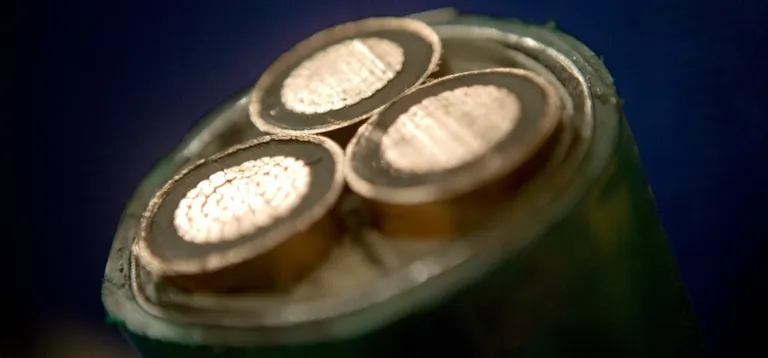Training course: Power Cables in General
This general course covers all the important aspects of MV and (E)HV cables and their accessories.
A relatively large number of cables are buried underground. This means that many people will be involved with (underground) power cables professionally, and that associated knowledge is a key requirement. This basic course, Power cables in general, covers all the relevant aspects relating to power cables - not always down to a detailed level (specialized courses are available for this purpose), but especially in a related context. This means the course provides a good overview of all the elements that are of interest, as well as the options available for approaching or solving certain problems.
